Introduction
Are you fed up with spending endless hours trying to schedule appointments with your doctor or salon? Generative AI powered appointment booking automation bot that will make your life a whole lot easier!
In the hustle and bustle of modern business, tedious appointment scheduling shouldn’t stand in the way of closing more sales. The modern business environment's increased demand for efficiency and productivity has led to the rise of Generative AI in many operational aspects. Generative AI's ability to automate and optimize various tasks has made it an invaluable tool for many industries, in particular, to automate appointment booking.
In this blog, we will see how Generative AI streamlines scheduling in appointment booking.
What is Generative AI?
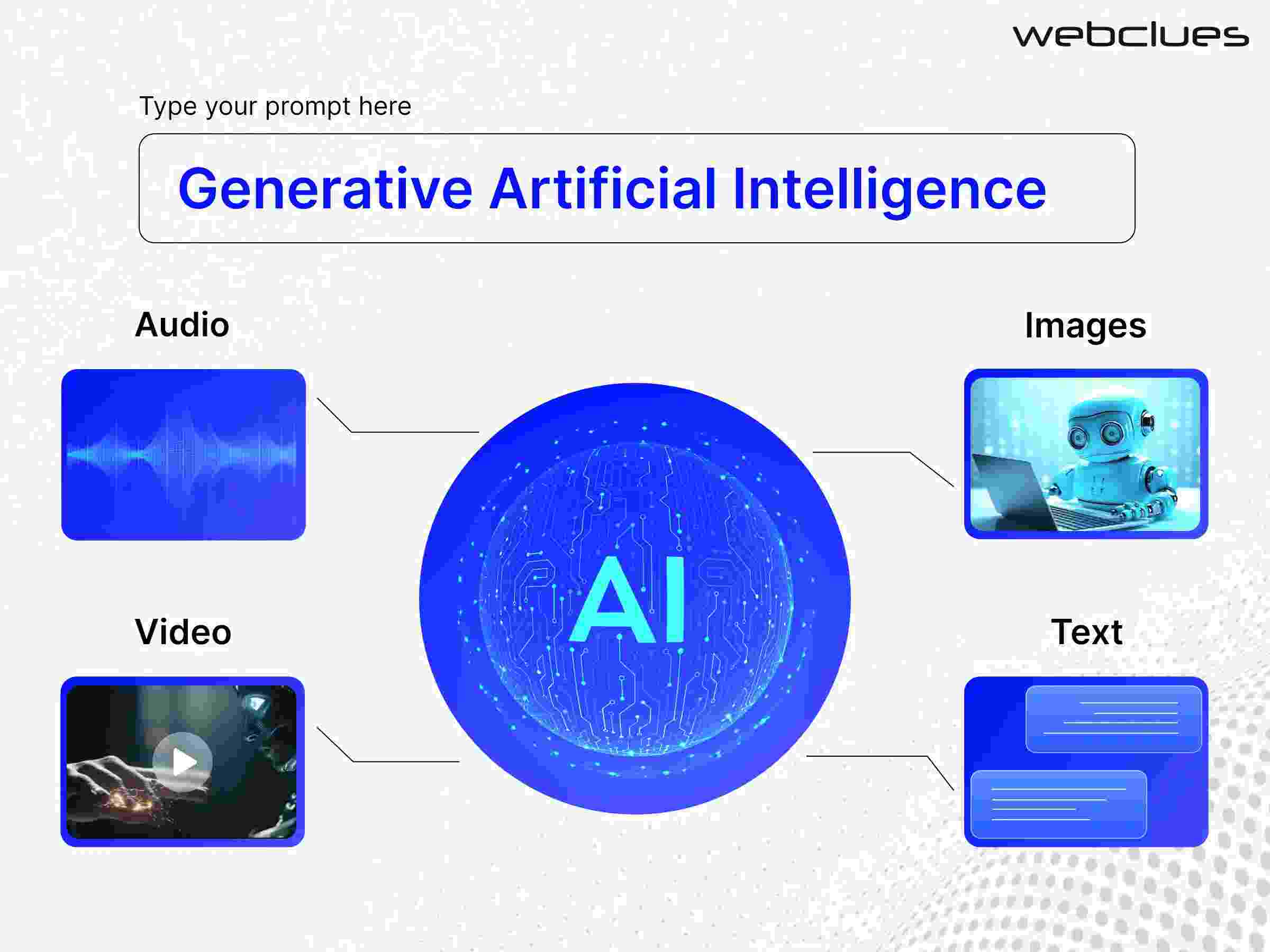
Generative AI, or GenAI, is a branch of artificial intelligence that specializes in curating new original content. Unlike traditional forms of AI, which are trained to recognize patterns in data and make decisions based on previously learned data, generative AI produces original data that mimics the input data it was trained on.
This is achieved with the help of advanced machine learning and deep-learning models, such as neural networks, which generate high-quality content such as text, images, music, and more.
Differences from Traditional AI
Let us look at the differences between Traditional AI vs Generative AI :
Traditional AI
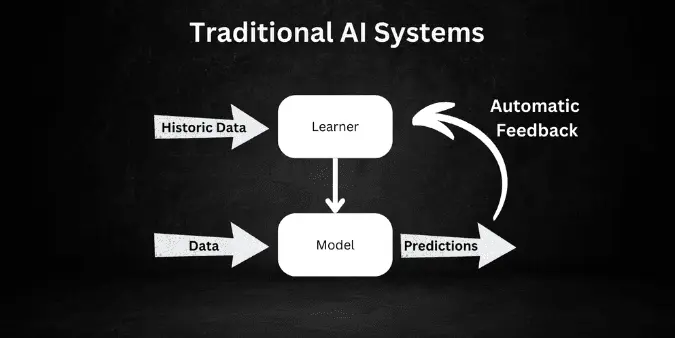
Features of Traditional AI are :
Trained to recognize patterns and make decisions based on learned data.
Used for tasks like email classification, predicting house prices, and repetitive automation tasks.
Limited to performing routine tasks on existing data.
Generative AI
Features of Generative AI are :
Produces original data mimicking the input data it was trained on.
Uses advanced machine learning and deep-learning models, such as neural networks.
Capable of generating high-quality content like text, images, music, and more.
Advantages of Generative AI
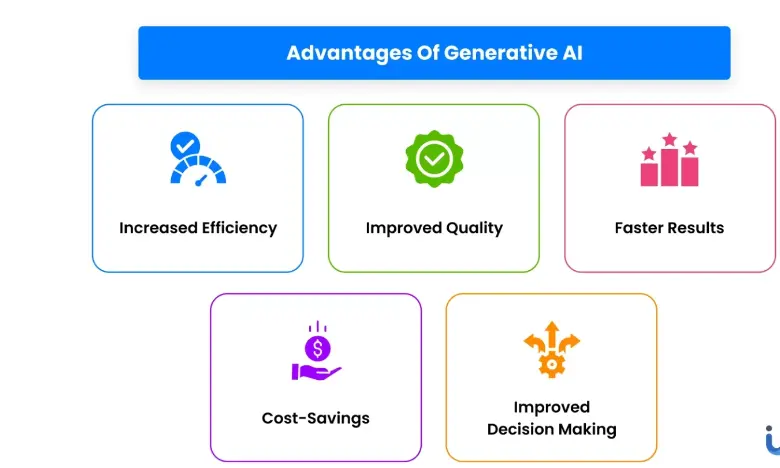
Let us see the pros and benefits of using Generative AI :
Learn from vast amounts of data.
Produces original outputs resembling real input data.
Excels at tasks like writing articles, composing music, generating realistic images, and creating any type of new content.
Examples and real-world applications
Let us look at some real-world examples of Generative Ai that we see around us :
OpenAI’s ChatGPT is for generating sample email templates.
Meta AI Generative Ai powered chatbot on WhatsApp.
GitHub Copilot assists developers by suggesting code snippets and completions as they write, streamlining the coding process, and reducing manual effort.
DALLE 2 by OpenAI creates detailed images from textual descriptions, allowing users to generate unique artwork based on their prompts.
OpenAI’s upcoming Sora, a text-to-video model, is capable of creating high-dimension short visual clips based on user prompts.
The Role of Generative AI in Modern Appointment Scheduling
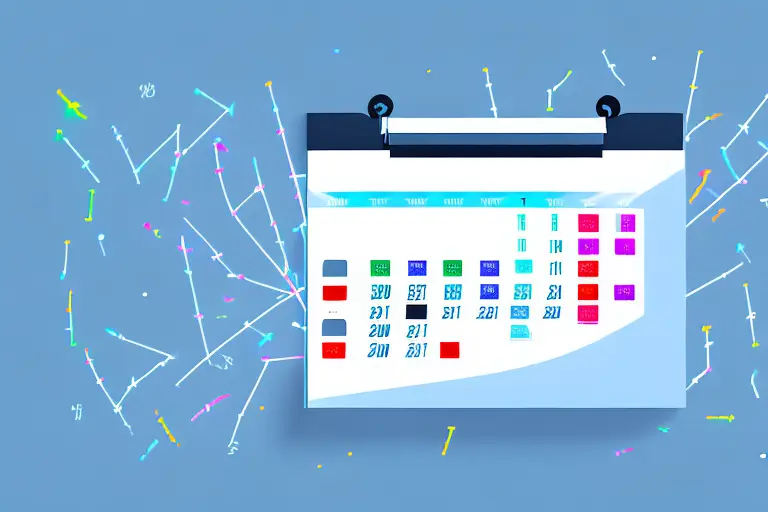
With the advent of Generative AI, the approach to scheduling has undergone a significant transformation. AI-based scheduling has revolutionized the way businesses manage appointments, making the process more efficient and user-friendly.
Traditional appointment scheduling relied heavily on manual inputs and human administration. This often led to errors, double bookings, and wasted time. However, with AI-based scheduling, these challenges are minimized.
Traditional vs. AI-Based Scheduling
Contrastingly, Generative AI-based scheduling uses intelligent algorithms to automate the process. By analyzing data, AI can predict the best available time slots, taking into account various factors such as staff availability, customer preferences, and business priorities. This not only enhances efficiency but also improves the overall user experience.
Furthermore, Generative AI can learn from past scheduling patterns and adapt to changes in real time. It can adjust schedules based on cancellations, rescheduling requests, and unexpected events. This flexibility ensures that appointments are managed effectively, even in dynamic environments.
The Evolution of AI in Scheduling
AI's role in appointment scheduling has evolved over the years. Initially, it was used to automate repetitive tasks, such as sending appointment reminders and generating invoices. However, with advancements in technology, AI now takes a more active role in the decision-making process.
One of the key benefits of Generative AI-based scheduling is its ability to optimize resources. By analyzing data on staff availability, workload, and customer preferences, AI can allocate appointments most efficiently. This helps businesses maximize their productivity and ensure that resources are utilized effectively.
Moreover, AI can forecast trends and patterns in appointment scheduling. By analyzing historical data, AI algorithms can identify peak hours, busy seasons, and other factors that impact scheduling. This information allows businesses to proactively adjust their operations to meet customer demand and optimize their workflow.
Key Benefits of Using Generative AI for Appointment Scheduling
Adopting generative for appointment booking can bring a myriad of advantages to your business. As businesses strive to streamline their operations and improve efficiency, the integration of generative AI into appointment booking automation has emerged as a game-changer. So let's check the benefits.
Increased Efficiency and Productivity
Generative AI can automate appointment booking, freeing up staff time for other business-critical tasks. With the ability to analyze vast amounts of data, AI-powered scheduling systems can quickly and accurately match available time slots with customer preferences, minimizing the time and effort required to manually coordinate appointments. Furthermore, it can optimize the use of resources by scheduling appointments in a way that maximizes resource utilization, ensuring that no valuable time or assets go to waste.
By automating the scheduling process, businesses can significantly enhance their overall efficiency and productivity. Employees can focus on more strategic and value-added activities, leading to improved performance and better utilization of human resources.
Improved Accuracy and Reduced Errors
Human error can often lead to scheduling conflicts and mistakes. Miscommunication, double bookings, and missed appointments can have a detrimental impact on customer satisfaction and business reputation. AI eliminates this risk, ensuring a more reliable and efficient appointment scheduling process.
AI-powered systems are designed to handle complex scheduling scenarios with precision and accuracy. By analyzing historical data, customer preferences, and various constraints, AI algorithms can generate optimized schedules that minimize conflicts and errors. This not only reduces the likelihood of scheduling mishaps but also enhances the overall reliability of the appointment booking process.
Enhanced Customer Experience
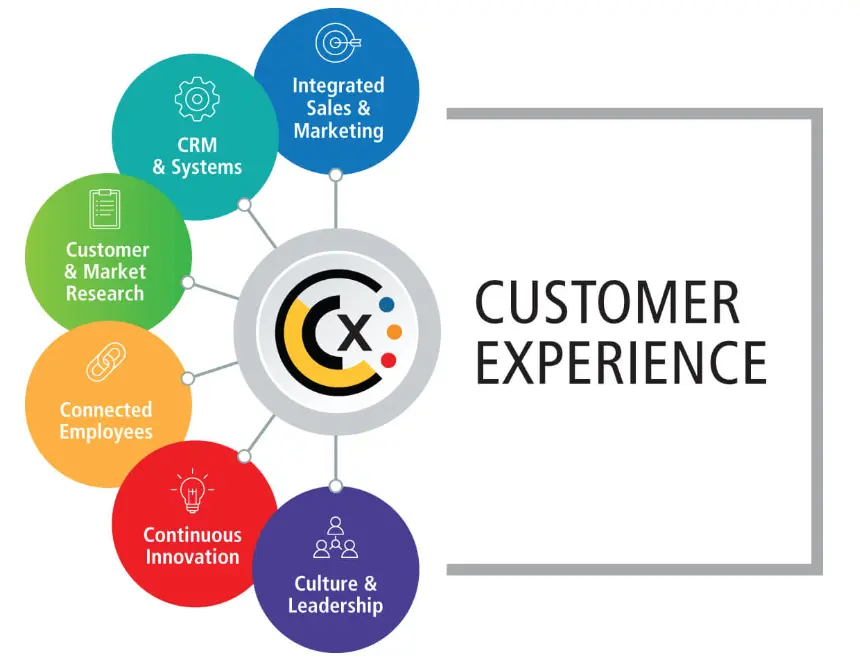
With AI, customers can book appointments at their convenience, receive timely reminders, and even get suggestions for optimal appointment times. This personalized, hassle-free experience can significantly enhance customer satisfaction.
AI-powered scheduling systems can offer a seamless and user-friendly interface for customers to book appointments. Through intuitive online platforms or mobile applications, customers can easily access available time slots, select their preferred dates and times, and receive instant confirmation. Additionally, AI algorithms can analyze customer data, such as past appointments and preferences, to provide personalized recommendations for optimal appointment times, taking into account factors like traffic conditions, weather, and individual preferences.
Moreover, AI-powered systems can send automated reminders to customers, reducing the chances of missed appointments and last-minute cancellations. By keeping customers informed and engaged throughout the scheduling process, businesses can foster stronger relationships and deliver a superior customer experience.
Case Studies: Success Stories of AI in Scheduling
Various sectors have embraced AI for appointment booking automation with remarkable results.
Healthcare Sector
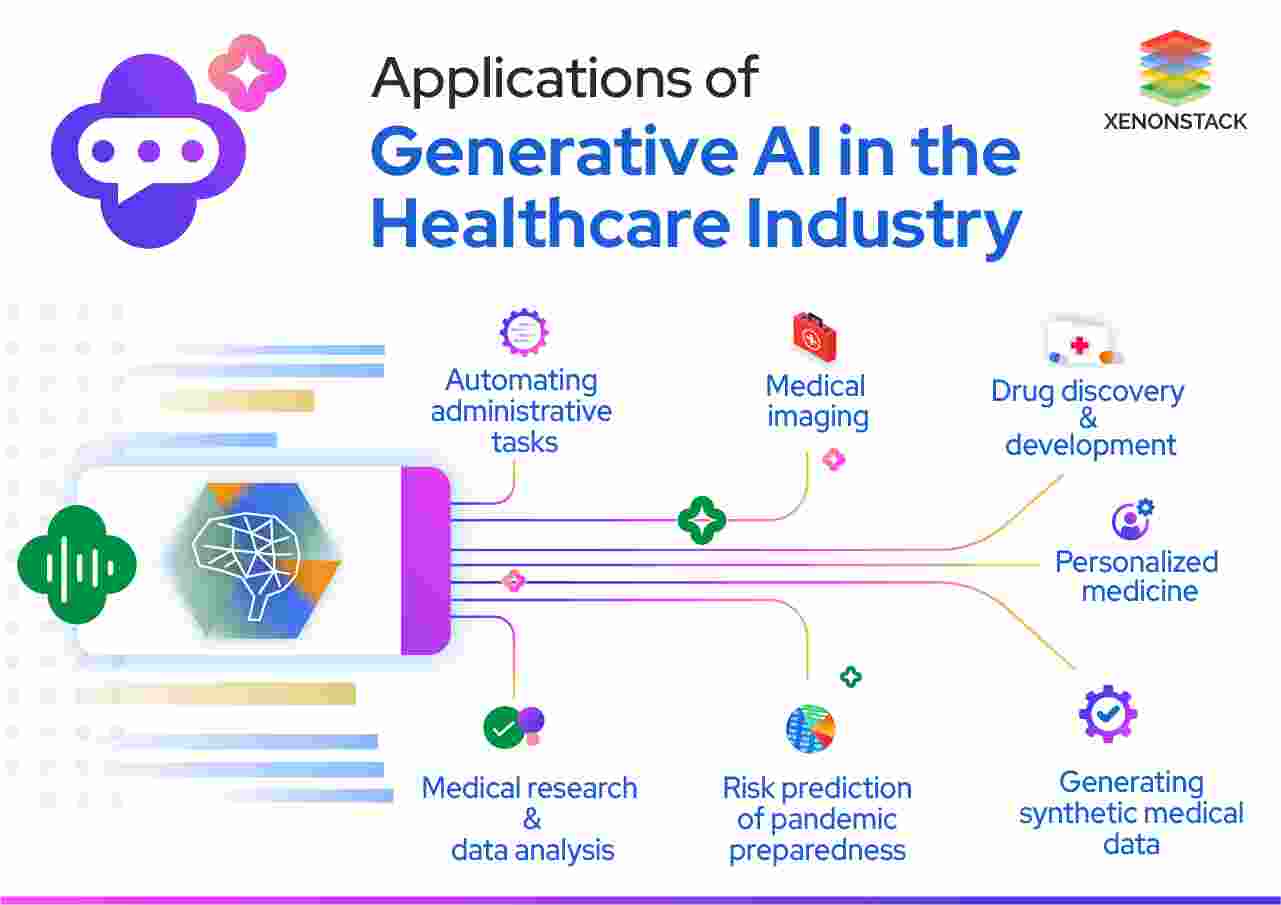
Healthcare institutions are increasingly using AI to streamline appointment scheduling, resulting in reduced patient wait times and improved clinic efficiency. Some AI tools even predict patient no-shows, enabling proactive rescheduling and ensuring optimal clinic usage.
Suggested Reading: Top 10 Healthcare chatbots of 2024
Example: Babylon Health uses generative AI to help patients book appointments with healthcare providers. The system can recommend the best time slots based on patient history and provider availability, streamlining the entire process.
Corporate Sector
Many multinational companies now use AI to facilitate cross-border meeting scheduling, considering time zones, worker availability, and meeting room availability. This efficient scheduling results in enhanced productivity and effective time management.
Meeting Coordination Across Time Zones: Zoom.ai, Zoom.ai automates the process of scheduling meetings across different time zones. It uses generative AI to find optimal meeting times that accommodate all participants, even when they are spread across the globe.
Employee Shift Scheduling: In large organizations, Kronos Workforce Dimensions uses generative AI to create optimized employee shift schedules. The AI takes into account employee availability, preferences, and compliance requirements, ensuring efficient staffing with minimal manual intervention.
Client Appointment Scheduling: Salesforce Einstein integrates with CRM tools to help sales teams automatically schedule meetings with clients. The AI suggests optimal meeting times based on client availability and sales rep schedules, improving client engagement and reducing scheduling conflicts.
Interview Scheduling in Recruitment: HireVue uses generative AI to automate the scheduling of interviews with candidates. The system coordinates with candidates and interviewers, considering availability and preferences to set up interviews efficiently without the usual back-and-forth communication.
Implementing Generative AI in Your Business
Let's see seven easy steps to implement BotPenguin's Chatbot for streamlining scheduling :
Step 1
Define the pointers you want in your Appointment Booking Chatbot
What do you want your hospital chatbot to accomplish apart from your hospital appointment booking feature? Analyzing the reasons are the features you want to incorporate in your hospital chatbot.
Creating a hospital appointment booking chatbot is not a one-size-fits-all solution. You need to know why your patients are using the hospital chatbot and what issues you want to solve for them.
Step 2
Create an account on BotPenguin
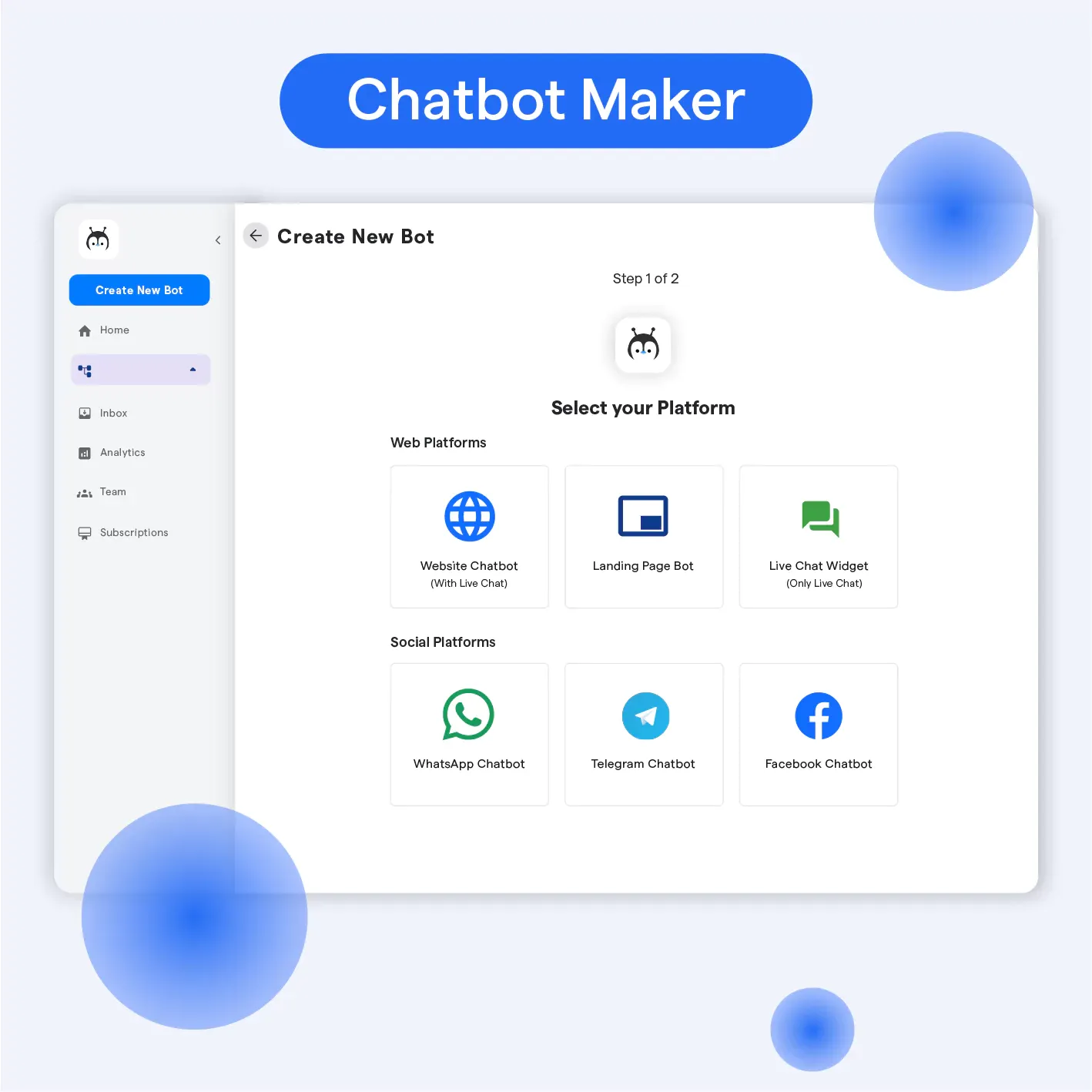
The next step is to create a Shopify bot is opening the BotPenguin website. For this, all you need to do is sign in using your business work email or Gmail id. Once you have logged in with BotPenguin, you will get to see a dashboard screen.
Step 3
Click on the "Create New Bot" tab
Next, you will get to see a list of chatbot options like – Telegram Bot, Facebook Messenger bot, Website bot, etc. Choose the ‘Website Bot’ option on the screen. This will lead you to create a chatbot for appointment booking for your website or App.
Step 4
Input all the required information

Moving ahead, you will be asked to fill out all the information needed to build an appointment booking chatbot. This step included filling in the information like the bot name, bot icon (you can download the image and even use it), bot icon color, and chat theme color. This stage will also ask for a call to action statement. Tap on the save button.
Pro Tip: If you feel like changing these settings later, you can do the same by changing these settings under the bot settings category.
Step 5
Enhance appointment booking functionality
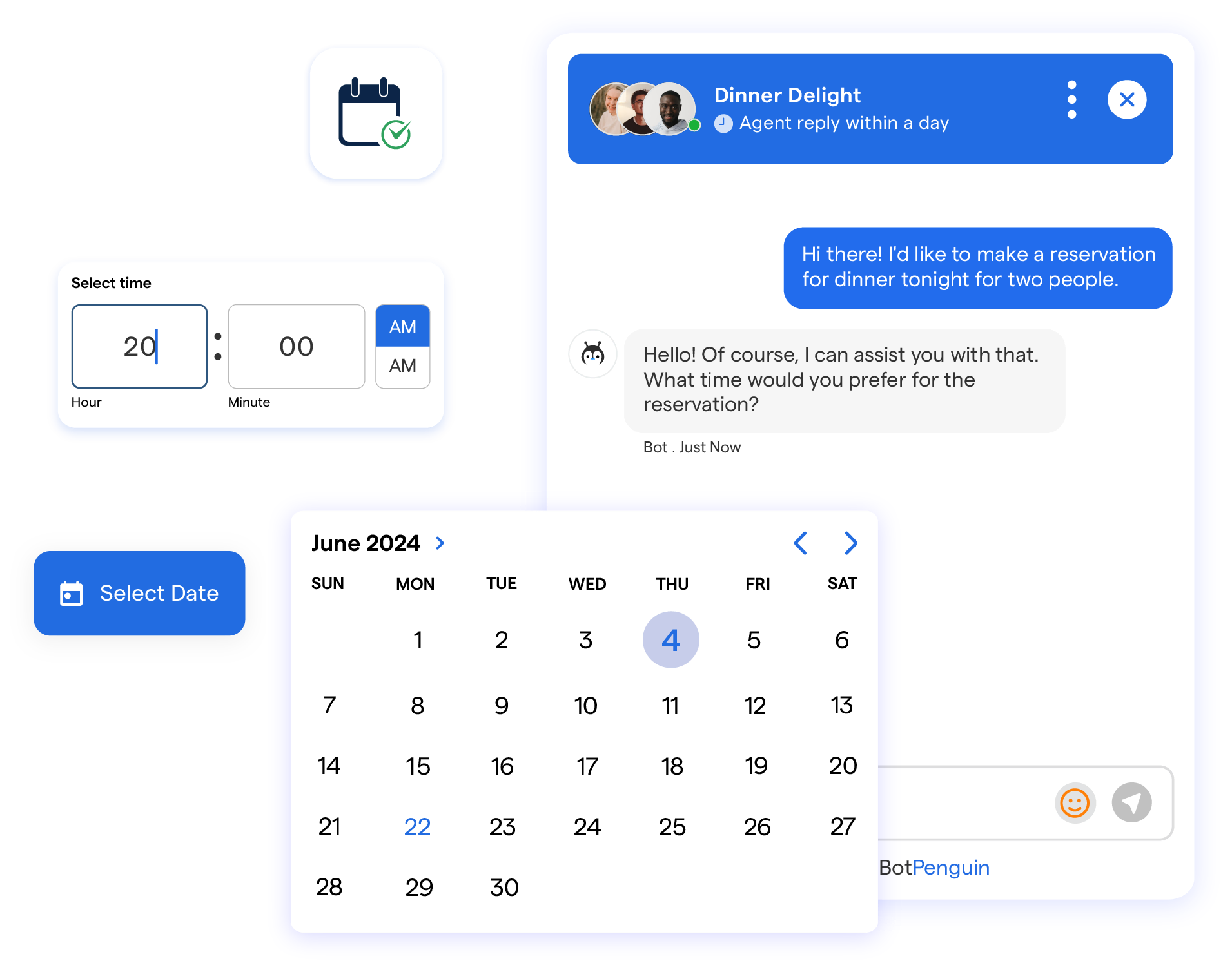
It’s time to enhance your hospital appointment booking functionality. This means adding the fields you will need to book a hospital appointment through the chatbot. The booking system will be unique to your hospital.
The fields will vary based on your hospital, its specialty, fee charge, and the services offered there. Customize your BotPenguin-powered appointment booking chatbot accordingly by altering the chat flow, chatbot position on the screen, welcome statement, and many more.
Step 6
Define your trigger words and actions
Once you’ve built out the booking skill for your hospital chatbot, the next step is to define your trigger words and actions. Essentially, this means deciding what your hospital appointment booking chatbot will say when a user interacts with it.
What if a user asks about the next available hospital appointment booking? How will your chatbot respond? It’s important to consider the context of these trigger words and take action consequently. This fosters the seamless hospital appointment booking process.
Step 7
Test, analyze, and iterate
Finally, after you’ve built out your hospital appointment booking chatbot and created a user experience flow, you should test, analyze, and iterate your hospital chatbot. This is when you can put your booking skill to the test and see how it performs in a live environment. It’s important to test your booking skill with a variety of different users.
Ask users to test out your hospital appointment booking chatbot and give you feedback on what could be improved. Make necessary changes. It’s never too late. That’s how you can build the best hospital appointment booking chatbot using the right programming, developers, tools, and platform.
Potential Challenges and Solutions
Potential challenges during implementation might include data privacy concerns, initial training requirements, and integration with existing software. Solutions could involve robust data encryption, investing in comprehensive training, and choosing AI tools compatible with your current systems.
Understanding generative AI and its role in modern appointment scheduling can help your business optimize operations, boost efficiency, reduce errors, and enhance customer experience. By preparing for, addressing potential challenges, and recognizing the benefits, you can successfully integrate AI into your appointment scheduling.
Technical Challenges
Let's look at some technical challenges associated with implementing Generative AI :
Integration and Data Quality: Integrating AI with existing systems and ensuring high-quality, accurate data can be complex and critical for effective AI performance.
Scalability and Security: The system must scale with user demand while maintaining strong data security and privacy protections.
Cost Considerations
Let's look at some cost considerations associated with implementing Generative AI :
Initial and Ongoing Costs: Significant upfront investment in development, with ongoing expenses for maintenance, updates, and scaling.
Licensing and Training: Potential recurring fees for AI tools, along with costs for staff training and ensuring smooth user adoption.
Conclusion
In conclusion, Generative AI is revolutionizing appointment booking, offering significant benefits like time savings, reduced errors, enhanced user experience, and increased productivity. However, implementing such technology comes with technical and cost challenges. Overcoming these hurdles can transform how businesses manage their schedules.
Generative AI is simplifying automotive appointment booking, making it a breeze for both customers and service centres. By harnessing data-driven insights, this technology is transforming how we schedule and manage appointments. With increased customer satisfaction and operational efficiency, it’s a win-win for everyone involved.
Imagine having a tool that effortlessly handles these complexities. BotPenguin, an AI-powered chatbot, integrates seamlessly with your existing systems, ensuring a hassle-free setup. This advanced solution addresses common pain points, such as double bookings and time-consuming manual scheduling, while offering real-time updates and personalized scheduling. Don’t miss out on the AI revolution—join the growing number of businesses enhancing their efficiency and customer satisfaction with BotPenguin. Embrace the future of appointment booking with ease and confidence.
Frequently Asked Questions (FAQs)
What is generative AI and how does it improve appointment booking?
Generative AI uses advanced algorithms to automate scheduling, reduce errors, and personalize the booking process. It streamlines scheduling by learning user preferences, providing real-time updates, and integrating seamlessly with existing systems.
Can generative AI prevent double bookings?
Yes, generative AI updates appointment availability in real-time, ensuring no double bookings. It immediately marks slots as unavailable once booked, maintaining an accurate and up-to-date schedule.
How does generative AI handle last-minute changes or cancellations?
Generative AI manages last-minute changes by instantly updating the schedule. It sends notifications to affected parties and adjusts availability, ensuring the booking system remains accurate and efficient.
Is generative AI secure for handling sensitive appointment data?
Yes, generative AI systems prioritize data privacy and security. They comply with regulations like GDPR and HIPAA, using encryption and secure data storage to protect sensitive information.
What are the cost implications of implementing generative AI for appointment booking?
Initial costs include software development and integration. Ongoing expenses cover maintenance, updates, and staff training. Despite these costs, generative AI can reduce administrative overhead and improve efficiency, offering long-term financial benefits.
Can generative AI be integrated with existing booking systems like Google Calendar and Calendly?
Yes, generative AI can integrate with popular booking systems such as Google Calendar, Calendly, Simplybook, and Calendar Hero. This ensures seamless operation and synchronization across platforms, enhancing overall scheduling efficiency.

